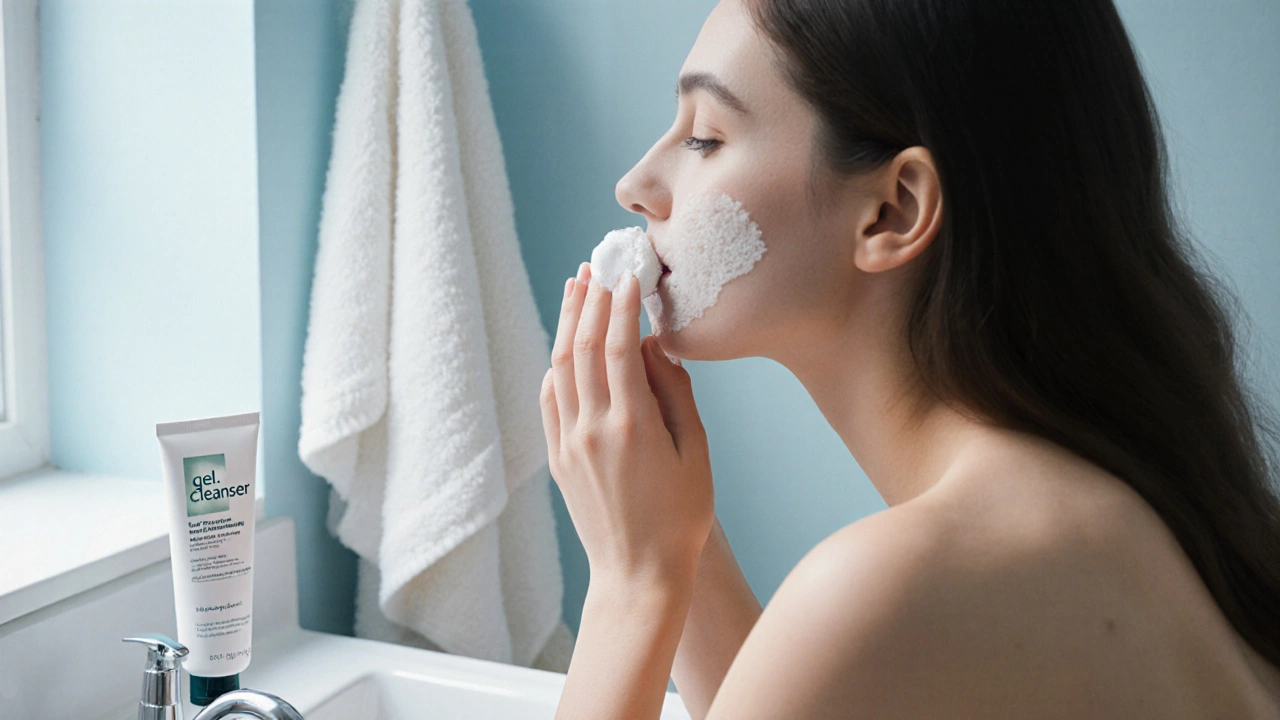Moisturization: What It Really Does for Your Skin and How Medicines Affect It
When you think of moisturization, the process of adding and locking in water to the skin to maintain its protective barrier. Also known as skin hydration, it's not just about feeling smooth—it’s about keeping your skin healthy, especially when you're taking medicines that dry it out. Many people in India use topical treatments, oral diabetes drugs, or even long-term antibiotics without realizing these can strip moisture from their skin. Dry, flaky skin isn’t just annoying—it’s a sign your skin barrier is damaged, making it easier for irritants and infections to get through.
Think about topical medications, creams and ointments applied directly to the skin, often for eczema, psoriasis, or fungal infections. Some of these contain steroids or retinoids that reduce inflammation but also reduce natural oil production. Over time, this leads to increased water loss. Even common drugs like diuretics, medicines that make you pee more to lower blood pressure or reduce swelling, can dehydrate your body from the inside out, leaving your skin tight and cracked. And if you're using acne treatments like benzoyl peroxide or isotretinoin? You’re likely fighting dryness every day without knowing why.
Moisturization becomes a medical necessity, not a luxury, when you’re on certain treatments. It’s not just slathering on lotion—it’s choosing the right kind. Thick ointments with ceramides or hyaluronic acid help rebuild what medicines break down. Water-based gels might feel cool but won’t hold up against harsh drugs. And if you’re using Ayurvedic oils like sesame or coconut, they can help—but only if they’re not mixed with ingredients that react badly to your prescription. Your skin is your largest organ, and it’s reacting to everything you take. The posts below show real cases where people ignored moisturization, ended up with rashes or infections, and how simple changes reversed the damage. You’ll find guides on what to use with diabetes meds, how to protect skin during chemotherapy, and why some herbal creams backfire. This isn’t beauty advice—it’s survival.

Basic Skincare Treatments: A Simple Guide
Learn the essential skincare treatments-cleansing, exfoliation, moisturizing, and sun protection-in a clear, step-by-step guide for healthy, radiant skin.

Does Metformin Really Aid Weight Loss?
Feb, 12 2025



